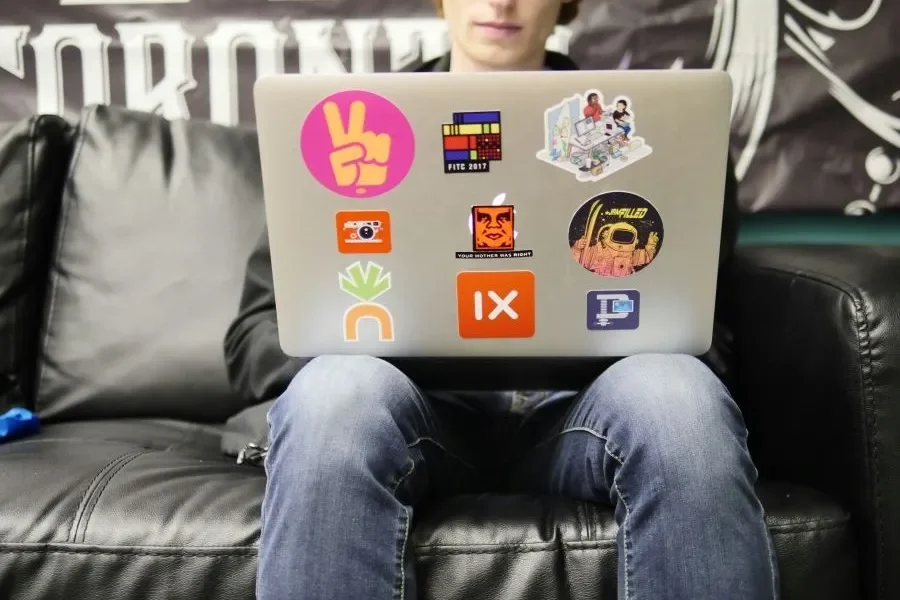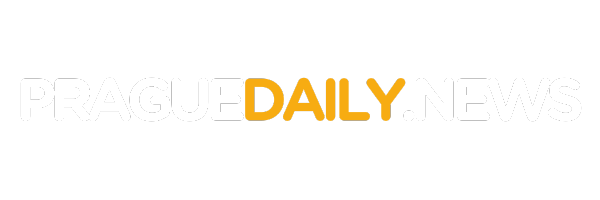
Czech Students Showcase Digital Skills in International Comparison
In an international assessment of computer and information literacy across 34 countries, Czech students have earned an impressive second-place ranking
Czech students have achieved great results in the global test for computer and information literacy. In a study evaluating these digital skills, they secured second place worldwide and first place among EU countries.
In the International Computer and Information Literacy Study (ICILS), Czech students ranked second out of 34 countries, trailing only South Korea, and topped the EU nations. They also placed third in the area of computational thinking.
“At first glance, these results might seem surprising, but they clearly demonstrate the positive systemic effects when all students, regardless of their socio-economic background, have equal access to educational opportunities,” explained Tomáš Zatloukal, Director General of the Czech School Inspectorate, in an interview with Czech news channel ČT24.
Regarding computer and information literacy, Czech students scored an average of 525 points, just 15 points behind their South Korean peers. This result not only placed them second globally but also positioned them first among EU countries, whose average score was 497 points.
Compared to the 2013 results, when the Czech Republic scored 540 points, this year’s result represents a slight decline. The proportion of students failing to reach the basic proficiency level has increased from 15% to 28% over the past decade. This trend is not unique to the Czech Republic, but it is noteworthy that the number of affected students in the country has doubled.
In the area of computational thinking, Czech students scored an average of 527 points, earning them third place, behind Taiwan and South Korea. They were 21 and 10 points behind the top two positions.
Students participated in two half-hour tests assessing computer and information literacy via an app, as well as two additional 25-minute tests on computational thinking. A 30-minute student questionnaire was also completed.
The results also revealed that 16% of Czech students use digital technologies daily at school, while the EU average is one-third. In their leisure time, 61% of Czech children and teenagers spend more than two hours a day on digital entertainment, compared to 55% in the EU.
The study involved 433 primary schools and 198 secondary schools. In total, 15,000 fifth-graders, 19,700 ninth-graders, 48,000 upper-secondary students from the second year, as well as 1,700 school principals and 14,700 teachers, participated in the survey.
More from Politics & Education

Gaudeamus Prague 2026: European Fair for Higher Education and Lifelong Learning

Prime Minister Babiš in Bratislava: Czech Republic and Slovakia plan first joint government meeting in years

